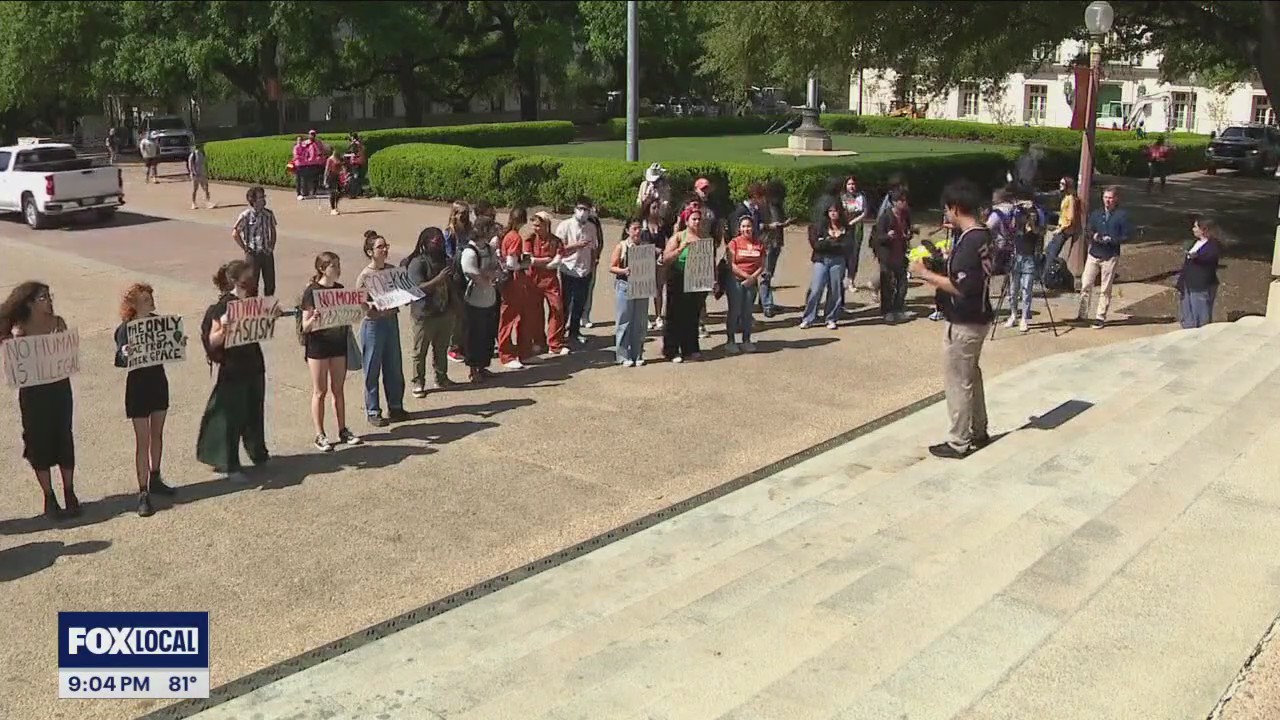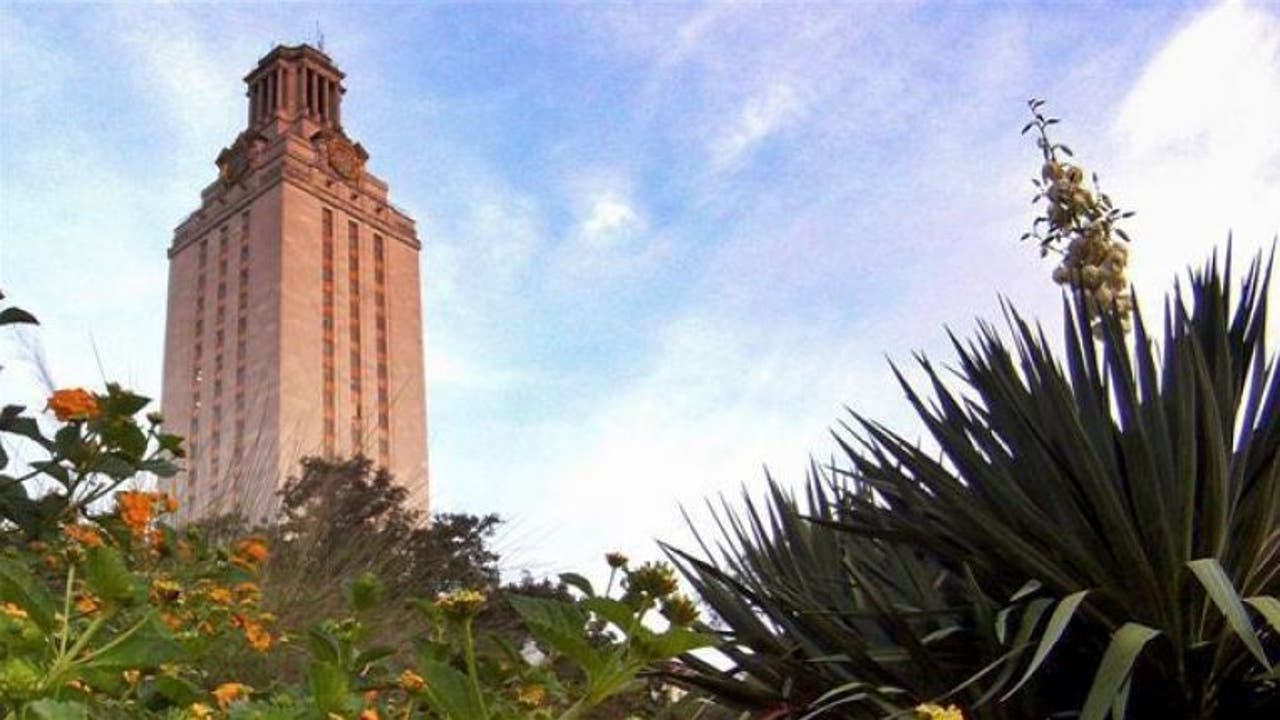 Judge blocks state law on ‘expressive activity’ for now
Judge blocks state law on ‘expressive activity’ for now
A new state law placing stricter restrictions on “expressive activity” on college campuses is being met with a lot of pushback. A temporary restraining order was put in place Wednesday by a federal judge. FOX 7 Austin’s Katie Pratt has more from the UT Austin campus.
AUSTIN, Texas – A federal judge in Austin is temporarily blocking a new state law that bans what it calls ‘expressive activity’ on university and college campuses.
What we know:
The pro-Palestine demonstrations that turned chaotic last year and led to dozens of arrests on the University of Texas campus are what prompted Texas lawmakers to pass SB-2972, which creates stricter regulations for campus protests in Texas.
“I think people should be able to protest whenever they can, but as long as nothing crazy is going down or harm is happening, then I think it’s fine,” said Varun Vedala, a senior student at UT.
Supporters of the law said these rules will enforce safety and prevent some of the behavior seen last year at major universities. However, some students feel the law limits free speech.
“Just having a limit on what we can do, I think, is a problem that can expand or can grow as time goes on,” said Virginio Lara, a first-year student at UT.
Under the legislation, only students may participate in demonstrations on school property.
“I feel like it’s an honor to have them want to come to a campus and protest here,” said Pablo Luna, a sophomore student at UT. “I don’t think it should only be limited to students.”
It also imposes a curfew on protests, banning them from 10 pm to 8 am. Plus, encampments, megaphones, and instruments are prohibited.
“It’s like if you’re blasting the music, it’s the same concept of throwing a party past 10 pm. If you’re disturbing your neighbors’ surroundings, that’s like the first kind of thought process there,” said Agrim Dhingra, a senior student at UT.
The act limits ‘expressive activities’ which it defines as being any speech or conduct protected by the First Amendment, including assemblies, protests, speeches, the disruption of written material, carrying signs, and the circulation of petitions.
“It’s just gonna be up to their opinion,” said Luna. “You know, whatever they feel like and then whoever the people are in charge, right, they’re just gonna, you know, dictate the agenda and stuff. So it opens more rules or more room for subjectiveness and all that.”
The Foundation for Individual Rights and Expression filed a lawsuit against the UT System to block the new law, which took effect on September 1.
The judge said the court cannot trust the universities to enforce their policies constitutionally.
The Source: Information in this report comes from reporting/interviews by FOX 7 Austin’s Katie Pratt

